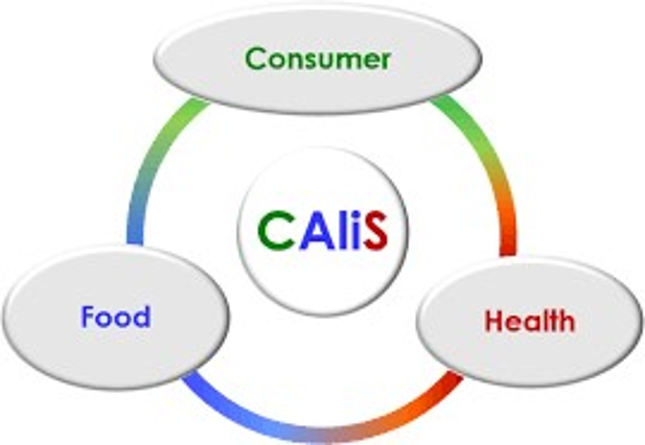Our Use of Cookies
"Cookies" refers to a set of information stored in the user’s terminal when they browse a website. It is a file that contains an identifier in the form of a number, the name of the server that deposited it, and possibly an expiration date. Thanks to cookies, information about your visit, including your preferred language and other settings, is stored on the website. This can facilitate your next visit to this site and enhance its usefulness to you.
To improve your experience, we use cookies to retain certain login information and provide secure navigation, collect statistics to optimize site functionality. To see precisely all the cookies we use, we invite you to download "Ghostery", a free browser extension that allows you to detect and, in some cases, block them.
Ghostery is available for free at this address: https://www.ghostery.com/fr/products/
You can also visit the CNIL website to learn how to set your browser to control cookie deposits on your terminal.
Regarding advertising cookies deposited by third parties, you can also connect to the site http://www.youronlinechoices.com/fr/controler-ses-cookies/, offered by digital advertising professionals grouped within the European association EDAA (European Digital Advertising Alliance). You will thus be able to refuse or accept the cookies used by the members of the EDAA.
It is also possible to object to certain third-party cookies directly with the publishers:
Cookie Category | Means of deactivation |
|---|---|
Analytical and performance cookies | Realytics |
Targeting or advertising cookies | DoubleClick |
Les différents types de cookies pouvant être utilisés sur nos sites internet sont les suivants :
Mandatory Cookies | Functional Cookies | Social and Advertising Cookies |
|---|---|---|
These cookies are necessary for the proper functioning of the site, they cannot be disabled. They are useful to us to provide you with a secure connection and ensure the minimum availability of our website. | These cookies allow us to analyze the use of the site in order to be able to measure and improve its performance. They allow us, for example, to keep your login information and display the different modules of our site more consistently. | These cookies are used by advertising agencies (for example, Google) and social networks (for example, LinkedIn and Facebook) and notably authorize the sharing of pages on social networks, the publication of comments, the broadcasting (on our site or not) of advertisements adapted to your interests. |
On our CMS EZPublish, these are the CAS and PHP session cookies and the New Relic cookie for monitoring (IP, response times). These cookies are deleted at the end of the session (logout or browser closing) | On our CMS EZPublish, this is the XiTi cookie for audience measurement. The company AT Internet is our subcontractor and keeps the information (IP, date and time of connection, duration of connection, pages viewed) for 6 months. | On our CMS EZPublish, there is no cookie of this type. |
For more information about the cookies we use, you can contact the INRAE Data Protection Officer by email at cil-dpo@inra.fr or by mail at:
INRAE: Siège : 147 rue de l'Université 75338 Paris Cedex 07
Dernière mise à jour : 2024 January


